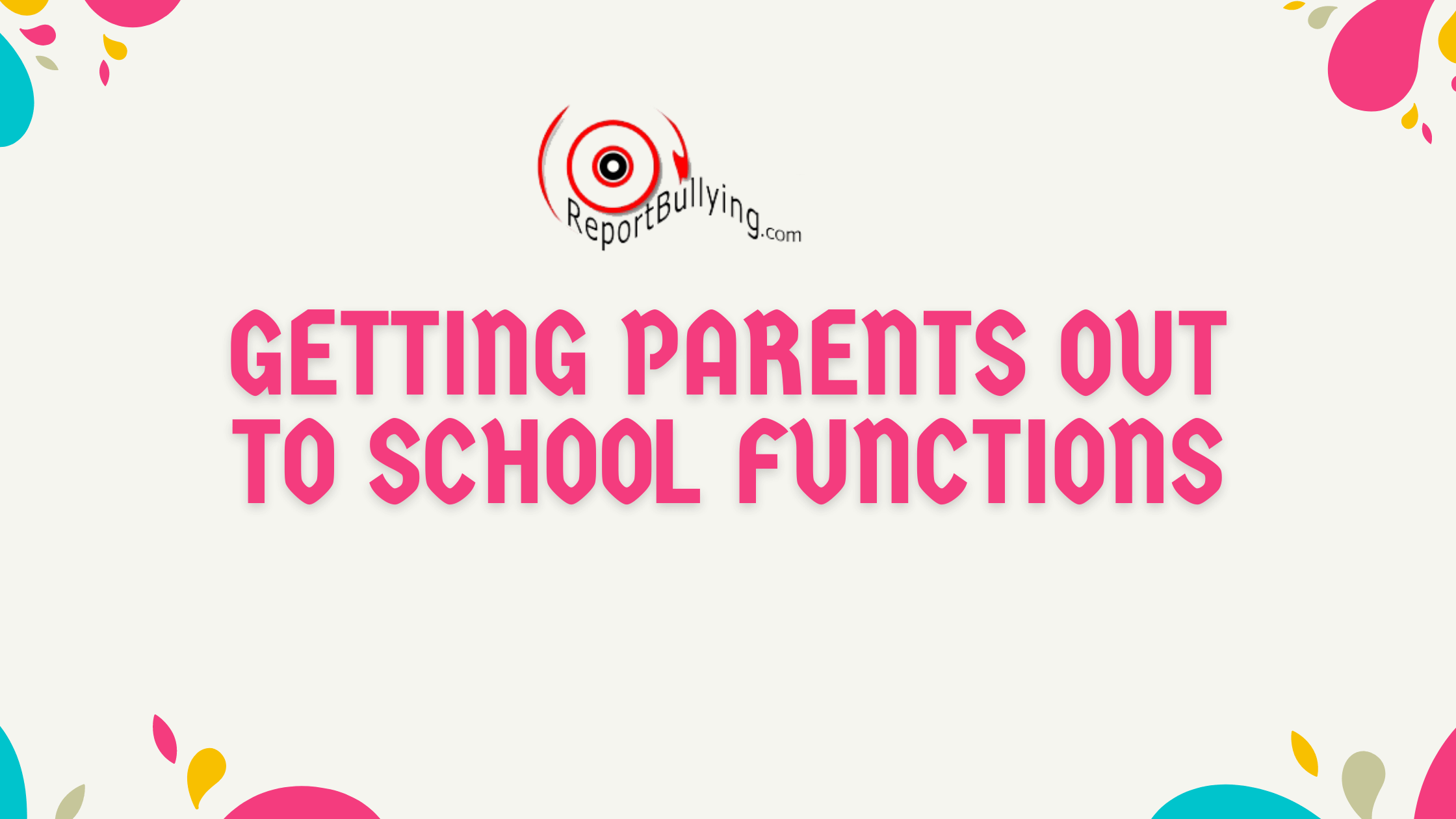Anti-Bullying Keynote for Parents
ANTI-BULLYING KEYNOTE FOR PARENTS
In this informative keynote, parents will learn about the role of the bully, the victim, the bystander, and our role as parents.
Firstly, as parents, we need to understand what bullying is, how to recognize it and what steps we will need to take in the event our children are involved in bullying (bully or victim). Knowing this will help us in working with the school to fix the problem.
Secondly, as parents, we have a huge role in our children’s behavior; if bullying is about bad behavior then we must always demonstrate positive behavior in our home and community.
Thirdly, since bullying is a community problem then we as parents, teachers, and students all need to be on board to work together to stop bullying.
Testimonial
“Dear Jim, I just want to say again what a pleasure it was meeting you this evening. The presentation was fantastic and I meant it when I said that I wish I’d heard it 20 years ago. I came away feeling motivated on several levels.
We appreciate you staying to do the parent presentation and I’m sure that you made a difference in our community tonight.
I hope you guys have a safe and uneventful trip home,
Best regards, Charlie”
Other:
Choose the right anti-bullying speaker
FOR MORE INFORMATION EMAIL: info@reportbullying.com

The Crucial Role of Parental Involvement in Reducing School Bullying
Bullying in schools is a significant issue that affects the well-being and academic performance of students. While schools implement various strategies to combat bullying, the involvement of parents is essential in creating a comprehensive approach to address this problem. Here’s why parental involvement is crucial in reducing bullying in schools:
Understanding the Problem
Parents play a vital role in understanding the dynamics of bullying. They are often the first to notice changes in their child’s behavior, such as withdrawal, anxiety, or reluctance to attend school. By recognizing these signs early, parents can take proactive steps to address the issue before it escalates.
Building a Supportive Home Environment
A supportive home environment is fundamental in helping children cope with bullying. Parents can:
- Encourage Open Communication: Creating a safe space for children to express their feelings and experiences without fear of judgment or punishment.
- Teach Empathy and Respect: Instilling values of empathy, kindness, and respect for others can help children understand the impact of their actions and discourage bullying behavior.
- Model Positive Behavior: Children often emulate their parents’ behavior. Demonstrating respectful and compassionate interactions can set a positive example for children to follow.
Collaborating with Schools
Effective collaboration between parents and schools is key to addressing bullying. Parents can:
- Stay Informed: Keeping up-to-date with the school’s anti-bullying policies and programs.
- Participate in School Activities: Engaging in school events, meetings, and workshops to stay connected with the school community and understand the challenges students face.
- Communicate with Educators: Regularly discussing their child’s progress and any concerns with teachers and school counselors to ensure a coordinated approach to addressing bullying.
Advocating for Change
Parents can be powerful advocates for change within the school system. By working together, they can:
- Promote Policy Development: Advocating for comprehensive anti-bullying policies and programs that address the root causes of bullying and provide support for both victims and perpetrators.
- Support Training Programs: Encouraging schools to implement training programs for staff, students, and parents to recognize and respond to bullying effectively.
- Foster a Positive School Culture: Supporting initiatives that promote inclusivity, diversity, and a positive school climate where all students feel valued and respected.
Providing Emotional Support
Children who experience bullying need emotional support to build resilience and recover from the trauma. Parents can:
- Offer Reassurance: Letting their child know that they are not alone and that the situation can be resolved.
- Seek Professional Help: Consulting with counselors or psychologists if the child shows signs of severe distress or mental health issues.
- Encourage Positive Activities: Involving children in extracurricular activities that boost their confidence and provide opportunities to build healthy relationships.
Conclusion
Parental involvement is a critical component in the fight against school bullying. By understanding the problem, building a supportive home environment, collaborating with schools, advocating for change, and providing emotional support, parents can make a significant impact in reducing bullying and creating a safer, more inclusive environment for all students.


